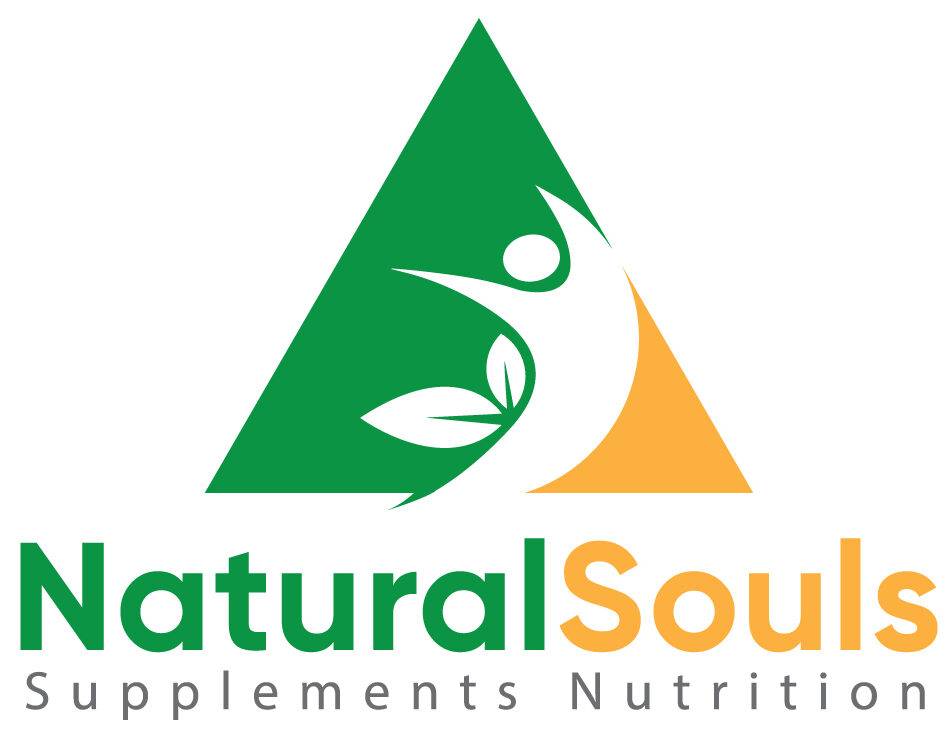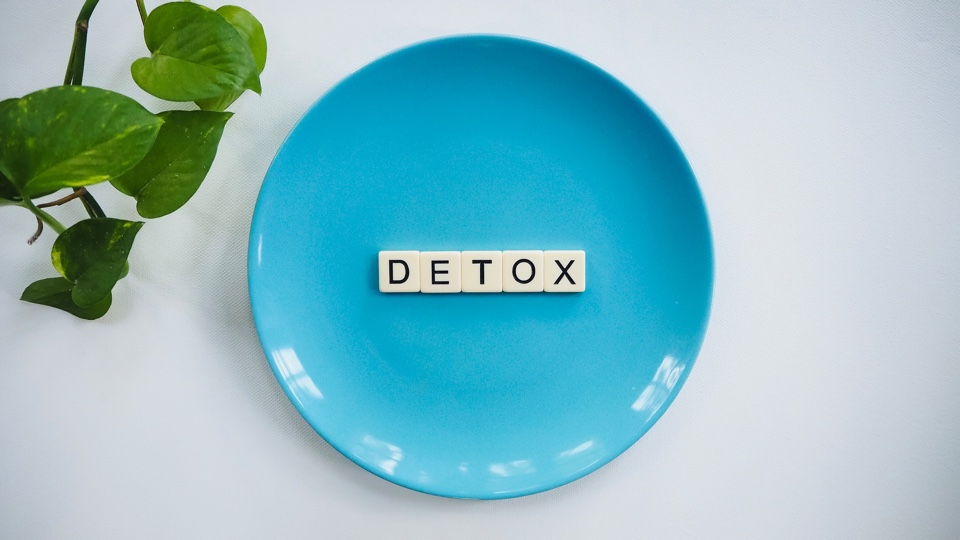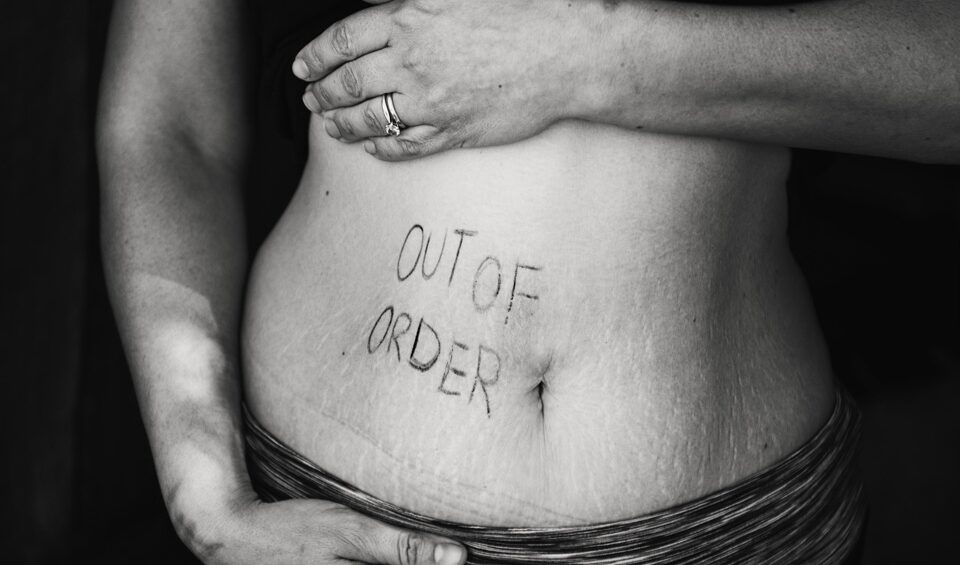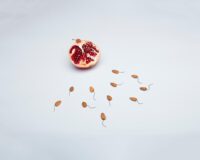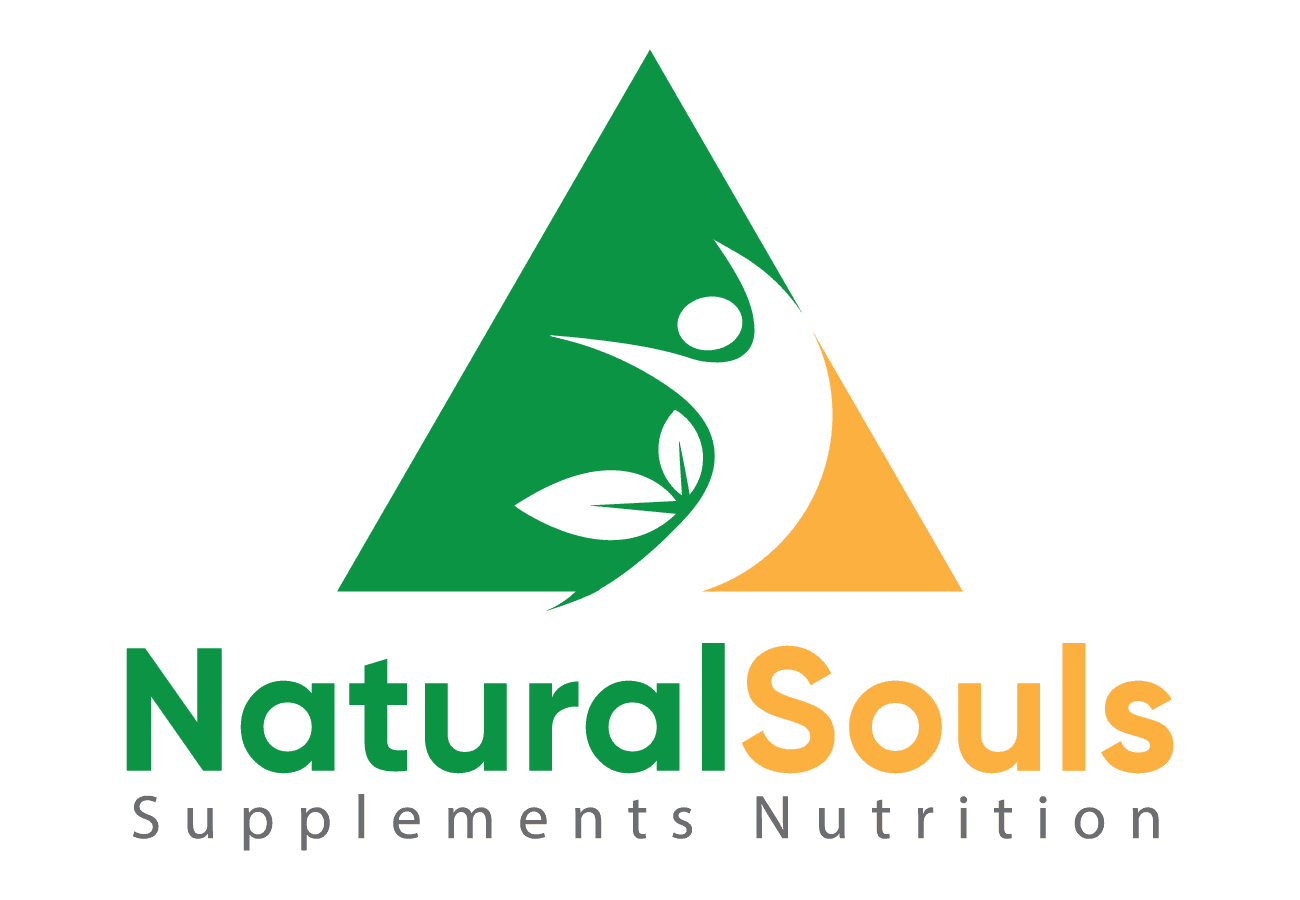what is Detoxification? 10 FAQ about Detox
1. What is detox?
Detox is the popular short form for detoxification. It describes a natural process that goes on in your body. The detox process neutralizes toxic wastes which accumulate in your bodies, chemically transforming them into relatively harmless compounds and then eliminating them from the body via stools or urine. Toxins enter your body when you breathe in air full of pollutants, consume junk food, smoke cigarettes or use products that are harmful. The removal of toxins from your body is a crucial process in order to maintain good health.
2. What is a detox diet?
Detox diet is a diet that helps our bodies to eliminate harmful toxic wastes. There are many types of detox diets. In general, many people refer the term “detox diet” to mean a dedicated detox diet plan program that is undertaken to remove toxins from a specific part of the body. For instance, there can be detox diet programs for cleansing of the colon, liver or the GI tract.
Dedicated detox diet programs are short-term diets. Detox diets are also recommended for losing weight. They work by giving your body various organic chemical compounds required for detoxification, such as vitamins, antioxidants and other necessary nutrients. Some of these organic compounds help elimination of waste products from your body by increasing the frequency of bowel movements and urination.
3. Why undergo a detox diet program?
Regular consumption of unhealthy food substantially reduces the natural ability of your body to detoxify and eliminate toxic chemicals. There are certain indications when you have a toxic body. They include feelings of sluggishness, frequent colds, digestive problems, allergies, eczema, etc. The presence of toxins further lead to conditions like hormonal imbalance, impaired immune function, nutritional deficiency and inefficient metabolism. Undergoing a detox diet program can help repair, maintain and maximize the natural detoxification abilities of your body.
4. What are the benefits to adopting a detox diet program?
Some of the benefits of detox diets include increased stamina and energy, enhanced mental alertness, clearer skin, better immune system, improved digestion and lots more.
5. When is a detox diet program not advised?
You should not be going through a detox diet program if you are pregnant. Also, if you are suffering from diseases such as anemia, diabetes, heart disease, kidney disease, liver disease, lowered immunity, hypothyroidism, low blood pressure, ulcers, epilepsy, cancer or ulcerative colitis, some detox diets may not be appropriate for you. Detox diets are also not meant for children.
6. Are there any side effects to a detox diet?
Yes, there can be a few. For example, within the first few days of starting a detox diet, you may suffer from headaches. Or you may feel extremely exhausted especially if you need to purge a few times. Most side effects or symptoms should disappear after a few days.
You may also experience excessive diarrhea, if you are doing a detox diet program for the first time or if the detox diet program is too harsh for you. Hence it is best that you go under the guidance of a health care practitioner for this.
7. Do I need to consult a doctor before trying a detox diet program?
Yes, you are advised to. Just because you are facing symptoms like tiredness, irritability, acne, weight loss, and hunger, it does not mean that you need a detox diet. Sometimes, there might be other medical reasons that require different treatment. Therefore, do consult a doctor and get a thorough check up done before you start taking detox diet.
8. What foods are normaaly included in a detox diet?
A detox diet includes high fiber foods and consumption of adequate amount of water. It normally includes fresh and green vegetables like broccoli, spinach etc and other healthy foods like garlic, artichokes, beets, cauliflower, rice, beans, nuts and seeds. It also includes plenty of fresh fruits except grapes.
9. Can I continue medication during a detox diet?
No, you should generally be undertaking a detox diet program during a period when you are feeling well. As such, if you are having your period, do not go on a detox diet program either during this period.
10. What can I eat once the detox diet is over?
Once you have finished a course of a detox diet, you should not be eating unhealthy foods like deep fried chicken wings for the first meal. You should gradually ease back into a less restrictive yet healthy diet.
Don’t miss to use our elegant –> Super Max Detox Supplement, Best for (Colon, Kidney, Liver Health and Weight Loss)
Natural Souls
